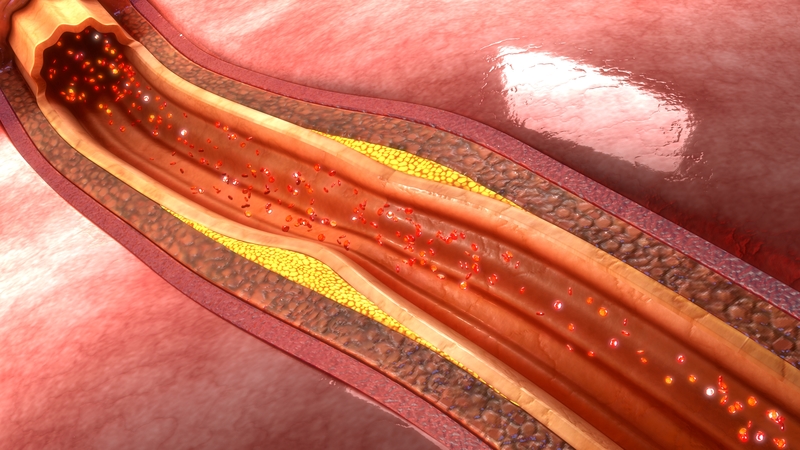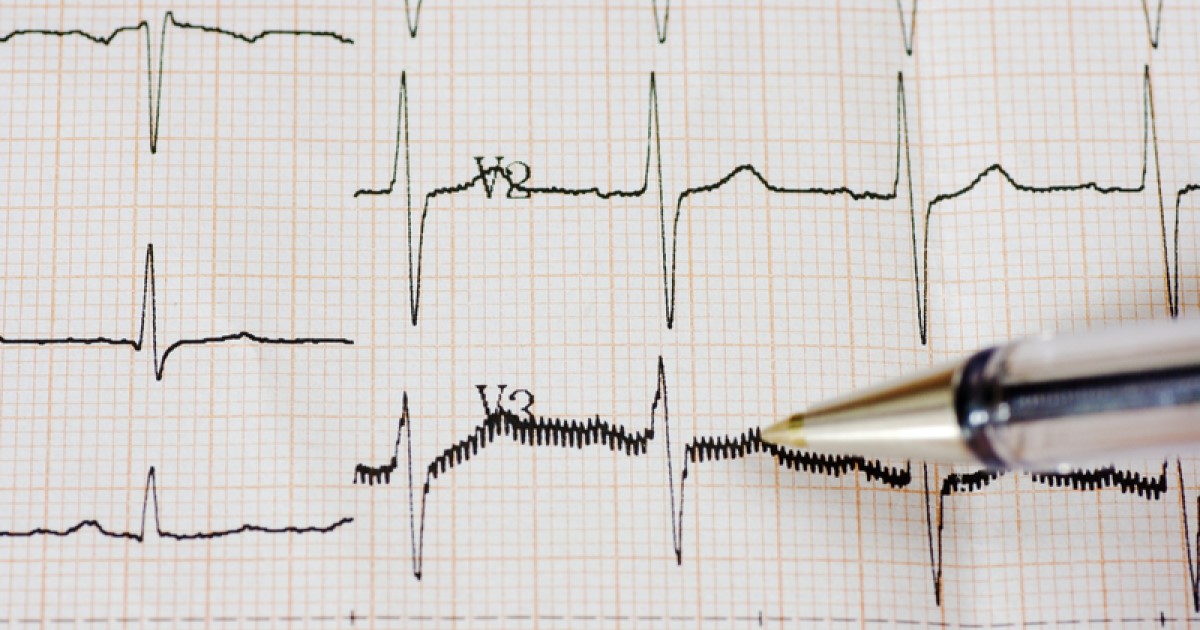9 Complications With Coronary Artery Bypass Surgery
Coronary artery bypass surgery is a procedure used to restore blood and oxygen flow to the heart muscle after being restricted due to coronary artery disease. The operation is designed to bypass the area of the blood vessel in which a clot exists by taking a healthy vein from another area in the body and creating a new path for blood and oxygen to reach the heart. Most patients remain symptom-free for several years, but in rare cases, life-threatening complications exist.
9. Bleeding

One possible complication of coronary artery bypass surgery is bleeding at either the spot where the healthy vein was extracted from or bleeding where the artery was reattached. According to a 2009 study, reoperation for bleeding remains a significant complication of coronary artery bypass surgery. It was noted to occur in 2.4 percent of people post-surgery. However, the study noted there had been a decrease in the number of deaths for patients with this condition.
8. Arrhythmia

Arrhythmia, or irregular heartbeat, is otherwise known as atrial fibrillation. It is the most common heart rhythm disorder. According to a 2014 study, it is a known complication following cardiac surgery that represents a primary cause of death. It may also cause an increased stay in the hospital after surgery and increased economic costs. The study noted that some arrhythmia might be managed by the use of pacing wires during surgery, but some cases may be irreversible.
